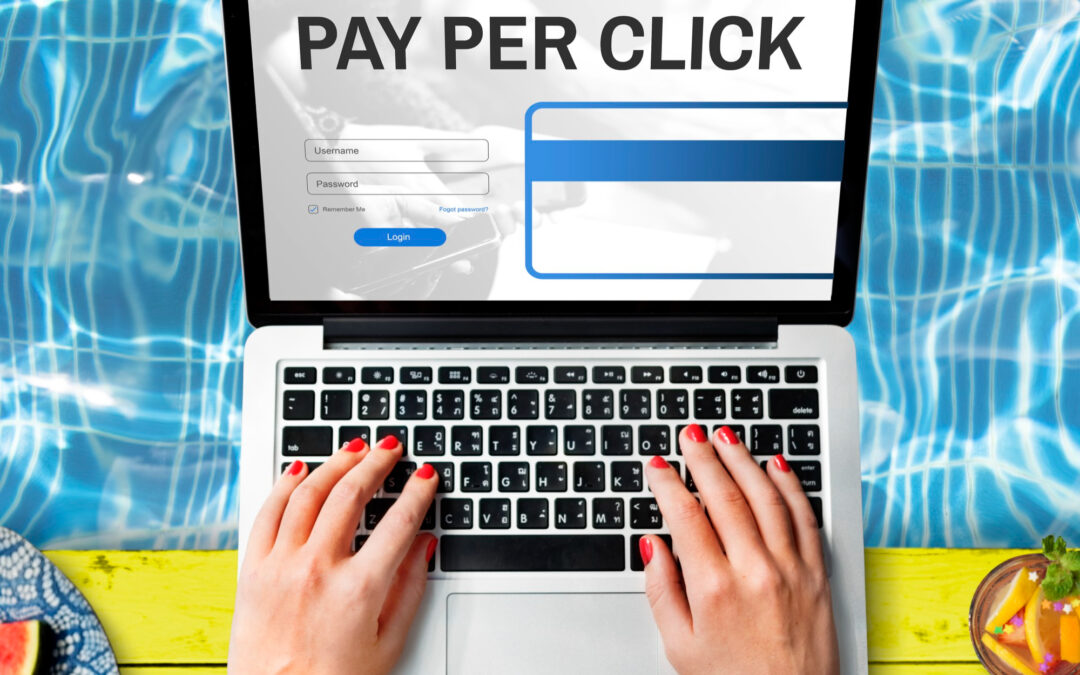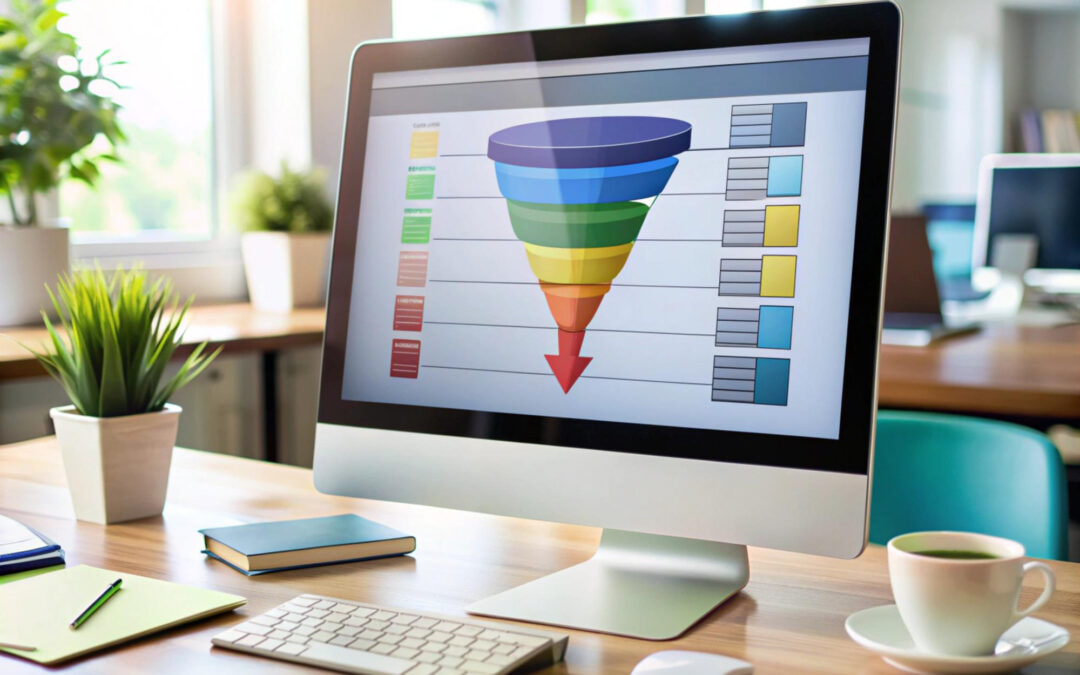Factors Affecting PPC Costs
Understanding the various factors that impact the PPC advertising cost for restaurants is essential for planning an effective campaign. These elements can determine whether your campaigns are cost-effective and deliver a high return on investment (ROI). Let’s break down some of the primary factors:
1. Keyword Selection
The keywords you choose for your PPC campaigns are one of the most important factors affecting the cost. Keywords with high search volume and intense competition are generally more expensive. For instance, phrases like “best restaurant in Las Vegas” or “fine dining near me” are highly competitive and can drive up the cost-per-click (CPC). On the other hand, long-tail keywords (more specific and longer phrases) may be cheaper and more effective in targeting a specific audience.
Restaurants often focus on location-based keywords (e.g., “restaurants near the Las Vegas Strip”) and niche terms (e.g., “vegan restaurants in Las Vegas”). Choosing a mix of broad and specific keywords can balance cost and reach.
2. Geographic Targeting
The geographic area you want to target has a significant impact on your PPC costs. If you’re targeting a broader region, such as a city or even a larger radius around your restaurant, you will generally experience higher costs due to the competition. Local targeting, particularly if you’re aiming at a specific neighborhood or street, may offer more cost-effective options.
Moreover, targeting a highly competitive market like Las Vegas will drive up costs compared to targeting less competitive areas. PPC platforms, such as Google Ads, allow you to set geographic parameters, giving you the flexibility to target specific audiences at a cost-effective price.
3. Bid Strategy
Your bid strategy—how much you’re willing to pay for each click—also plays a key role in determining your PPC costs. PPC advertising uses an auction system, so how much you bid for your chosen keywords influences how often your ads will appear and where they will be placed. If you bid more than your competitors, your ad is more likely to appear at the top of the search results.
Different platforms like Google Ads allow you to set a daily or monthly budget, helping you control your costs while maximizing visibility. However, competitive industries, like restaurant marketing, often require higher bids to ensure prominence on search engine results pages (SERPs).
4. Quality Score
In platforms like Google Ads, your Quality Score can influence the cost and effectiveness of your ads. Quality Score is determined by the relevance of your keywords, the quality of your landing page, and the performance of your ads. A higher Quality Score often leads to a lower CPC, as Google rewards well-optimized campaigns with better placement at a lower cost.
Optimizing your landing page with relevant content, fast loading times, and a clear call to action is essential in improving your Quality Score and, consequently, reducing PPC costs.
5. Competition
The level of competition in your local market or industry can greatly influence your restaurant PPC campaigns costs. High competition means higher bids are required to secure top ad placements, which can quickly drive up your costs. In more saturated markets like Las Vegas, where numerous restaurants are vying for the same customer base, PPC advertising can be particularly expensive.
Monitoring your competitors’ ad strategies and adjusting your own accordingly can help keep costs manageable. It’s important to stay aware of any shifts in the competitive landscape to adjust your bidding strategy and maintain a competitive edge.
Types of PPC Expenses
PPC advertising is not just about bidding on keywords. There are several different types of expenses that can contribute to the overall cost of your campaign. Let’s explore the key types of PPC expenses you’ll encounter when running restaurant PPC campaigns.
Keyword Bidding
Keyword bidding refers to the amount you’re willing to pay each time someone clicks on your ad. As mentioned earlier, highly competitive keywords come with a higher price tag, while niche or long-tail keywords may cost less. Effective management of keyword bids is essential for keeping costs under control while still reaching your target audience.
You can adjust bids based on the value of certain keywords and the campaign’s performance. For instance, if a keyword is yielding higher conversion rates, you may choose to increase your bid to gain better placement. Alternatively, keywords that aren’t performing well can be adjusted or eliminated.
Ad Creation
The process of ad creation includes designing the visual and textual elements of your ad. For Google Ads, this may involve writing compelling ad copy that convinces potential customers to click on your ad. For display or video ads on platforms like YouTube, you’ll need to create engaging visuals or videos that capture attention.
Creating ads that stand out is crucial to driving clicks and conversions. However, high-quality ad creation does come with a cost, especially if you hire professional designers or video production teams. It’s important to find a balance between eye-catching ad creatives and budget constraints.
Landing Page Optimization
Once a potential customer clicks on your ad, they will be directed to a landing page. If the landing page is slow to load or lacks relevant information, you may see a drop in conversions, increasing your overall PPC cost per acquisition (CPA). Optimizing your landing page to provide a seamless, user-friendly experience is critical for reducing wasted clicks and improving conversion rates.
Investing in landing page optimization, including A/B testing to determine the best layout, can help improve the performance of your PPC campaigns and lower overall costs by increasing conversion rates.
Budgeting for PPC
Setting an effective budget for your restaurant PPC campaigns is essential to ensure that your ad spend aligns with your goals. Here are some tips for budgeting wisely and maximizing ROI:
1. Set Clear Objectives
Before launching your PPC campaigns, establish clear objectives. Do you want to drive immediate sales, increase foot traffic, or build brand awareness? The goals of your campaign will influence how much you should budget. For example, a brand-awareness campaign may require more budget for impressions, while a sales-driven campaign may prioritize clicks and conversions.
2. Test and Optimize
Start with a modest budget to test different ad variations, keyword combinations, and targeting strategies. Measure the performance of each campaign and use that data to optimize future ads. Testing different approaches allows you to determine the best-performing ads, keywords, and bidding strategies, leading to a more effective and cost-efficient campaign.
3. Monitor and Adjust Your Spend
PPC campaigns require constant monitoring and adjustments. Keep an eye on the metrics, including CPC, CPA, and ROI, to ensure your ad spend is delivering the desired results. If certain keywords or ads aren’t performing as expected, adjust your bidding strategy or shift your focus to more profitable areas.
4. Leverage Negative Keywords
Using negative keywords in your campaigns can help prevent your ads from being shown to irrelevant audiences, reducing wasted clicks and improving the effectiveness of your budget. For example, if you only want to target local customers, you might use negative keywords like “delivery” or “takeout” to avoid non-local clicks.
5. Be Prepared for Fluctuations
PPC advertising costs can fluctuate based on several factors, including competition, seasonal trends, and changes in the search landscape. It’s essential to be prepared for these fluctuations by building flexibility into your budget. Consider allocating additional funds during peak seasons or special promotions, but be sure to monitor performance closely.
Strattz’s Cost-Effective PPC Solutions
At Strattz, we understand that restaurant advertising can be costly, especially in competitive markets like Las Vegas. That’s why we specialize in creating cost-effective restaurant PPC campaigns that maximize your ROI. By leveraging our expertise in Las Vegas restaurant marketing, we help restaurants achieve targeted results without overspending.
Our team works with you to define your goals, select the right keywords, optimize your ads and landing pages, and continuously monitor performance. We ensure that your PPC campaigns are tailored to your restaurant’s unique needs, driving traffic and sales while keeping costs manageable.
Whether you’re a small local restaurant or a larger establishment, Strattz offers customized solutions that fit your budget and deliver measurable results.
Conclusion
Understanding the PPC advertising cost for restaurants is crucial for running a successful campaign. By considering factors such as keyword bidding, geographic targeting, and ad creation, restaurants can optimize their PPC campaigns and achieve a higher return on investment. Setting clear objectives, testing strategies, and continuously monitoring performance are key to maintaining a cost-effective approach.
If you’re looking to boost your restaurant’s visibility and drive more customers through the door, Strattz’s cost-effective PPC solutions can help you achieve your goals. Contact us today to learn how we can assist with your restaurant advertising and maximize your PPC campaign success.



